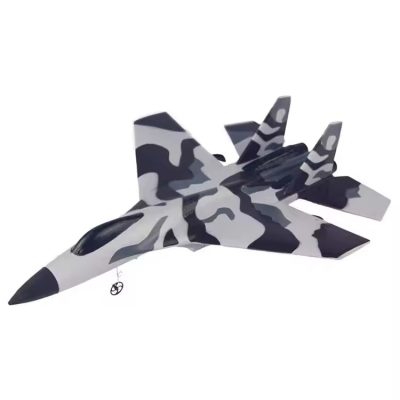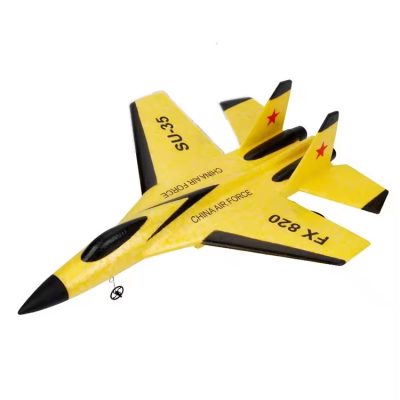Introduction
Simulators have become an indispensable tool for RC airplane enthusiasts, providing a risk-free environment to practice and hone their flying skills. Whether you’re a beginner looking to learn the basics or an advanced pilot aiming to master complex maneuvers, simulators offer numerous benefits. In this blog post, we’ll explore how simulators can enhance your RC airplane skills and provide tips for getting the most out of your virtual flying experience.
1. Benefits of Using Simulators
Simulators offer several advantages that make them a valuable resource for RC pilots:
- Risk-Free Practice: One of the most significant benefits of using simulators is the ability to practice without the risk of damaging your airplane. Crashes and mistakes are part of the learning process, and simulators allow you to make errors and learn from them without any financial cost.
- Skill Development: Simulators help you develop and refine your flying skills. You can practice takeoffs, landings, and various maneuvers repeatedly, building muscle memory and improving your control and precision.
- Weather Independence: With a simulator, you can practice flying regardless of weather conditions. Rain, wind, and other adverse weather won’t affect your virtual flights, allowing for consistent practice sessions.
- Diverse Aircraft Selection: Simulators offer a wide range of aircraft models, from trainers to advanced aerobatic planes. This variety allows you to experience different flying characteristics and challenges, broadening your skills.
2. Choosing the Right Simulator
Selecting the right simulator is crucial for maximizing your training:
- Realism: Look for simulators that offer realistic flight physics and accurate representations of real-world aircraft. High-quality graphics and detailed environments enhance the immersive experience.
- Compatibility: Ensure the simulator is compatible with your computer or device. Check the system requirements and verify that your hardware can handle the software smoothly.
- Controller Support: Use a simulator that supports your RC transmitter or a dedicated simulator controller. This setup provides a more authentic flying experience and helps you develop muscle memory with the same controls you’ll use in real life.
- Training Features: Some simulators come with built-in training programs, tutorials, and challenges designed to improve your skills systematically. These features can be particularly beneficial for beginners.
3. Effective Practice Techniques
To get the most out of your simulator sessions, follow these practice techniques:
- Start with Basics: Begin with basic flying skills such as maintaining straight and level flight, executing turns, and controlling altitude. Focus on smooth and precise inputs.
- Practice Takeoffs and Landings: Takeoffs and landings are critical skills that require practice. Use the simulator to practice different types of takeoffs and landings, including crosswind and short-field scenarios.
- Learn New Maneuvers: Once you’re comfortable with the basics, challenge yourself by learning new maneuvers. Start with simple aerobatic moves like loops and rolls, then progress to more advanced techniques such as stall turns and knife-edge flight.
- Simulate Real-World Conditions: Adjust the simulator settings to replicate real-world flying conditions, including wind and turbulence. Practicing in these conditions prepares you for the challenges of outdoor flying.
4. Avoiding Common Pitfalls
While simulators are a powerful tool, it’s important to avoid common pitfalls:
- Overconfidence: Simulators can’t replicate all aspects of real-world flying, such as the physical feel of the aircraft and environmental factors. Don’t become overconfident based on simulator success; continue practicing in real-life conditions.
- Neglecting Real-World Practice: Simulators should complement, not replace, real-world flying practice. Regularly fly your actual RC airplane to apply and reinforce the skills learned in the simulator.
- Skipping Maintenance: Ensure your simulator software and hardware are up to date. Regular updates provide improved features, bug fixes, and enhanced realism.
Conclusion
Simulators are an invaluable tool for enhancing your RC airplane skills, offering risk-free practice, skill development, and weather independence. By choosing the right simulator, following effective practice techniques, and avoiding common pitfalls, you can maximize your training and become a more proficient RC pilot. Whether you’re a beginner or an advanced flyer, simulators provide a pathway to continuous improvement and greater enjoyment of the RC flying hobby.








